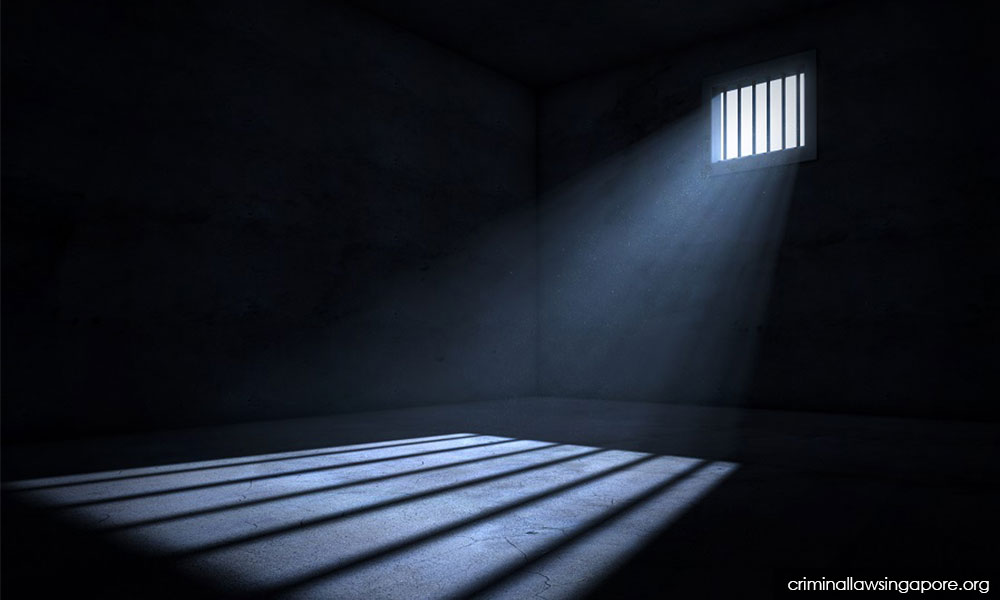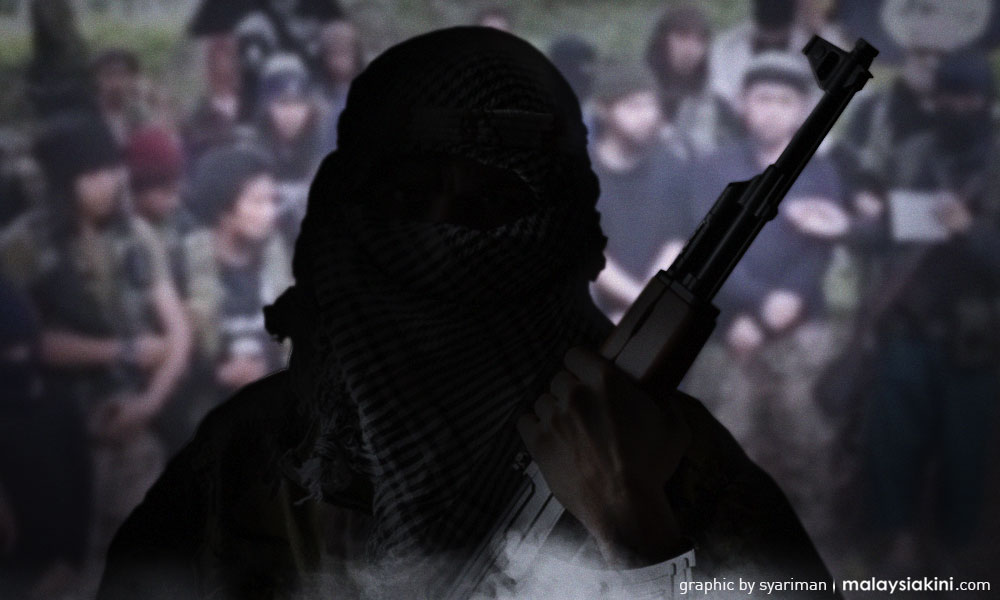ADUN SPEAKS | In yesterday's public hearing by the Parliamentary Select Committee for Consideration of Bills on the Independent Police Complaints of Misconduct Commission (IPCMC), I’ve raised some issues on the draft IPCMC Bill and related issues. Non-governmental organisations like Suaram, Consumer Association of Penang, were among the others who aired their views in the session.
The IPCMC Bill doesn’t only focus on policing the police but also on their welfare.
While there are provisions in the bill that enable the commission to reject complaints without complainants' information, I argued that it shouldn’t be the case in regards to a complaint about welfare of the police officers as the bill is not only to make the police force an accountable force with undisputed integrity but also to look after the welfare and wellbeing of the police officers.
For instance, if police officers openly complained about the terrible conditions of a police station, quarters or any other infrastructure, they may face action for insubordination. In such situations, the IPCMC should be the medium for the cops to channel their grievances.
With the establishment of IPCMC, I believe the interests of the rank and file police officers will be well protected. Their actions in the course of their subordination should not be considered their crime but instead should also focus their superiors who came out with the orders.
Sometimes, some superiors when chasing their KPIs tend to push their subordinates to cross their limits. In such a situation, how would it be fair to the blame on the rank and file?

Other issues that I raised today is on the custodial deaths and torture in detention. In the past 10 years, as many as 260 custodial death cases were recorded, and only around 20 plus cases received media attention.
Most of the time, the cases highlighted to the public were cases involving ethnic Indian detainees. Contrary to the popular belief, it was not the Indians who have been affected the most by these two issues but the Malays.
However, for some reason, the plights of Malay detainees have not been highlighted. There were hundreds of such cases which never came to the public's knowledge, and those involved were left off the hook. This is something that the IPCMC should address.
There were also hundreds of torture in detention cases highlighted to bodies like the Human Rights Commission (Suhakam) but went unnoticed by the public.
For instance, when the recent LTTE-linked detainees under the Security Offences (Special Measures) Act 2012 (Sosma) claimed that they were tortured, it was all over the news. But these claims of torture are not new, especially from Sosma detainees. It is just that these claims didn’t get any media attention.
For example, I referred to the police report by one Muhammad Nordin Muhammad Noor, who complained about his son being injured on the forehead that required seven stitches while detained under Sosma. In the report, it was also mentioned that the detainee was being tortured to force his confession.
Muhammad Syahir's son was suspected of being an Islamic State member and has been detained under Sosma since. The case was even directed to Suhakam. The commission wrote to Muhammad Syahir that the case was referred to the Attorney-General's Chambers, and the deputy public prosecutor had classified the matter as NFA (no further action). This was because the case had been referred for police internal investigation by the police integrity and standards compliance department (JIPS).
This is not the only case that needs to be addressed. More than half of the 80 Sosma detainees who were charged with Islamic State links pleaded guilty and only a handful of them are fighting their case in the court of law.
Those who pleaded guilty may not necessarily be guilty as many of them come from the lower-income group and can’t afford to hire lawyers to fight their cases. Was there an element of coercion in their conviction?

Many of those charged were also charged for having pictures, stickers and images in their possession. If those who fought alongside Islamic State terrorists in Syria and Iraq were offered rehabilitation here in Malaysia, why not these Malaysians who were not directly involved in terror activities but merely possessed images and so on. Don’t they deserve a second chance and rehabilitation?
In light of the revelation by the latest Sosma detainees, the issue of torture in detention should not be taken lightly by the government. Will there be an avenue for those who wish to come up front against coerced admission after they have been sentenced? The bill should also address this issue.
Lately, we are seeing the news of "terrorist arrests" with "serious plots" being uncovered. But when cases of "coerced and forced admission" are highlighted to the public, people will start to have doubts.
The IPCMC must play it’s role effectively to safeguard the image of the police force from this kind of negative public perception. Not that I’m discounting the importance of keeping our countries safe from terrorist, extremist elements, but we should not cause injustice to even one person in the process. That’s my humble view.
Lastly, I highlighted the importance of reviewing laws that give arbitrary and absolute powers to the police, such as Sosma, Prevention of Crime Act 1959 (Poca) and Prevention of Terrorism Act 2015 (Pota).
Sometimes, it’s not the force or personnel, but the provision of such laws are giving space and unchecked power for abuse and misuse. Hence, the committee needs to highlight to the parliament on the need to review and repeal the draconian provisions of such laws.
SATEES MUNIANDY is the state assemblyperson for Bagan Dalam and DAP Youth international secretary.
The views expressed here are those of the author/contributor and do not necessarily represent the views of Malaysiakini.

